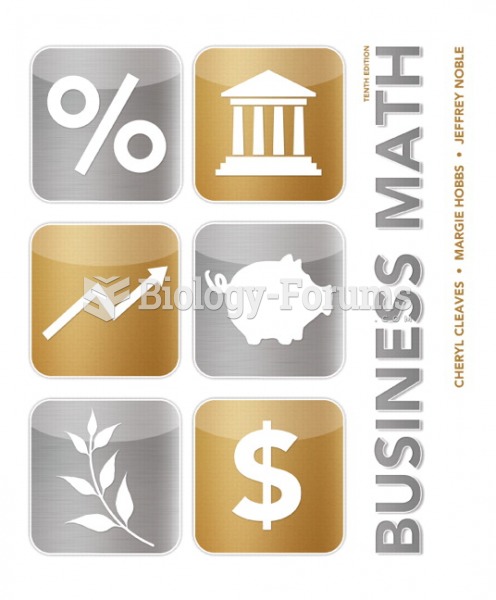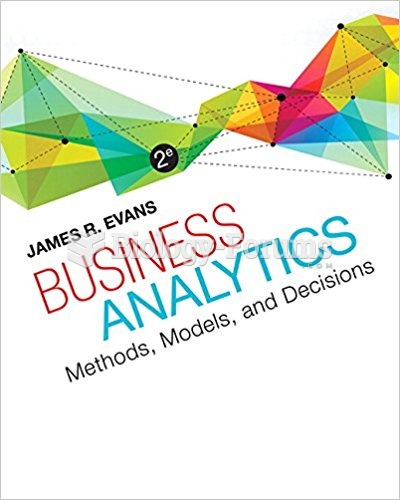Answer to Question 1
a. Some of the factors that you may want to consider are:
i. The class size and student profiles
ii. The specialization and research opportunities that the school offers
iii. The salary that you can expect on graduating
iv. The proximity of the school to the city that you currently live in
v. The profiles of the school's alumni
vi. Tuition
To make an optimum choice, you need to look at the total benefit from each school. You also need to calculate the direct and indirect costs of attending business school. You should then choose the school that offers you the maximum net benefit.
b. Giving up you salary would affect your decision whether or not to go to business school but it would not be a factor in deciding which business school to attend. You would have to give up your salary of 40,000 per year to attend business school. This is an indirect cost; the opportunity cost of business school. One of the direct costs would be the tuition fees you need to pay. Both the direct and indirect costs need to be compared against all the possible benefits. You can then make your decision based on whether the costs are greater than, less than, or equal to the benefits. The 40,000 of foregone salary is part of the cost of attending any of the three business schools.
Answer to Question 2
One determinant of exchange rates in the long run is relative price levels between countries. If the price level in another country rises faster than the price level in the United States, then the value of the dollar will rise. Another determinant is the relative rates of productivity growth between countries. The country with the faster productivity growth will have the value of their currency rise. Another determinant is the preferences for domestic and foreign goods. An increase in the preferences for a country's goods will increase the value of its currency. Lastly, tariffs and quotas affect exchange rates. Higher tariffs and quotas lead to higher exchange rates.







